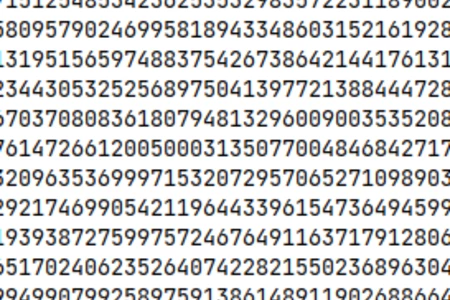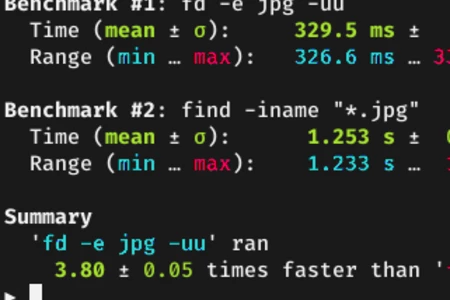Links
A new record prime number has been found! The 52nd Mersenne prime was found this week: 2136,279,841-1 is a prime, more 41 million digits long. I played a very small part in finding the 39th Mersenne back in the early 2000s, so this is exciting news. Also an interview with Luke Durant, the man who found it.
For more than 70 years computer scientists have studied sorting algorithms. Amazingly, we're still finding ways to make them faster and more memory efficient. Python recently replaced its legendary TimSort, and today Rust 1.81 released with two new adaptive sorting algorithms featuring serious performance improvements.
The command-line tool of the day is hyperfine. It's a very nice replacement for good-ole time for measuring (and even comparing) program execution time.
I've been using my own private git server for years and years, but have decided to be a little more public. I've settled on Codeberg.org, a donation-supported service.
Reading the news can erode your faith in humanity. Learning about the work being done on Africa's Great Green Wall reawakens mine. What an incredible project!
Python 3.13 is already shaping up to be the fastest release yet. While not due for release until October of 2024, its third alpha release came out yesterday. Even this early in development it's already running more than 10% faster than Python 3.12 (and 11% faster than 3.11, and a whopping 54% faster than 3.10).













